Startups
Himedi leads ‘medical hallyu’ in Middle East
Medical concierge startup appeals to Middle Eastern patients with Islamic touch
The Middle East is largely an untapped market for South Korea, and especially so when it comes to medical tourism. Because of the shortage of medical services and infrastructure, more than 600,000 people from the Middle East are estimated to travel abroad to receive medical treatment every year.
South Korea, a popular medical tourism destination for Chinese, Russians and those from Southeast Asian nations, currently serves a little more than 1 percent of the Middle Eastern patients who go abroad for medical services.
Medical concierge service startup Himedi CEO Jayed Lee said the Middle East would soon emerge as one of the most attractive markets for the local medical tourism industry as well as other businesses in different sectors.
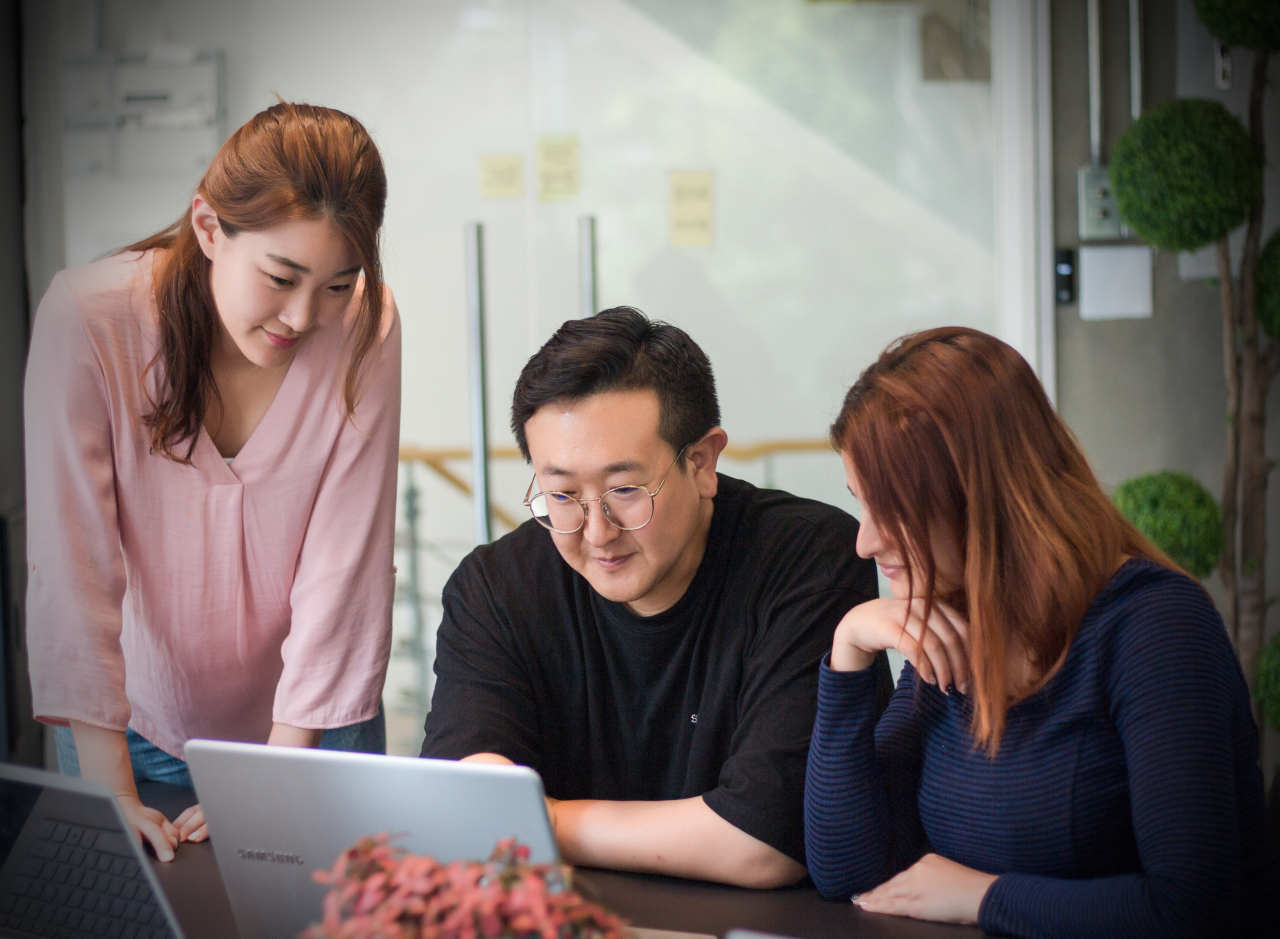 |
Medical concierge service startup Himedi CEO Jayed Lee works with his employees at the firm’s office in Seoul. |
“The Korean cultural wave, or hallyu, has just landed in the Middle East after China and Southeast Asia, so South Korea will likely see the vibrant cultural and business exchange in various sectors, like Korean cosmetics, city development, and tourism, with the Islamic nations,” Lee told The Investor in an interview at its office in Itaewon, Seoul, adding “Medical tourism will be at the forefront.”
The company’s past sales trajectory reflects the increasing demand for medical services in South Korea among people from the Middle East.
The startup, which has been profitable since its foundation in 2011, saw its revenue increase from 100 million in the first year to 3.6 billion won in 2018. This year, the company is targeting 10 billion won in sales.
When South Koreans hear about medical tourism, many think about brokerage firms that connect foreign travelers with plastic surgery and skin care clinics.
Himedi’s primary customers, on the other hand, are patients who are battling serious illnesses, such as cancers and leukemia, and those who need some surgical procedures.
“While offering the medical brokerage services for those seriously ill patients, I and Himedi employees feel like we are doing a meaningful job, offering great values for them,” he said.
The patients are mostly from the Gulf Cooperation Council nations, an economic bloc consisting of Saudi Arabia, Qatar, Kuwait, Bahrain, Oman, and Arab Emirate.
The oil-rich nations fully cover costs for receiving overseas medical services, offering its citizens business class fares, and public transportation fees not only for the patients but also up to three of their family members.
When the patients and their families come to Seoul, they tend to stay for some 50 days on average because medical treatments take a relatively long time, according to Himedi, While taking care of the ill patients, the family members usually want to make the most of their stays here, shopping, going to tourist spots, and visiting beauty clinics. Aiming to cater to the different needs of the customers, the startup introduces what to eat and enjoy in the city, offering translation services as well. More than 60 percent of the firm’s employees are fluent in Arabic.
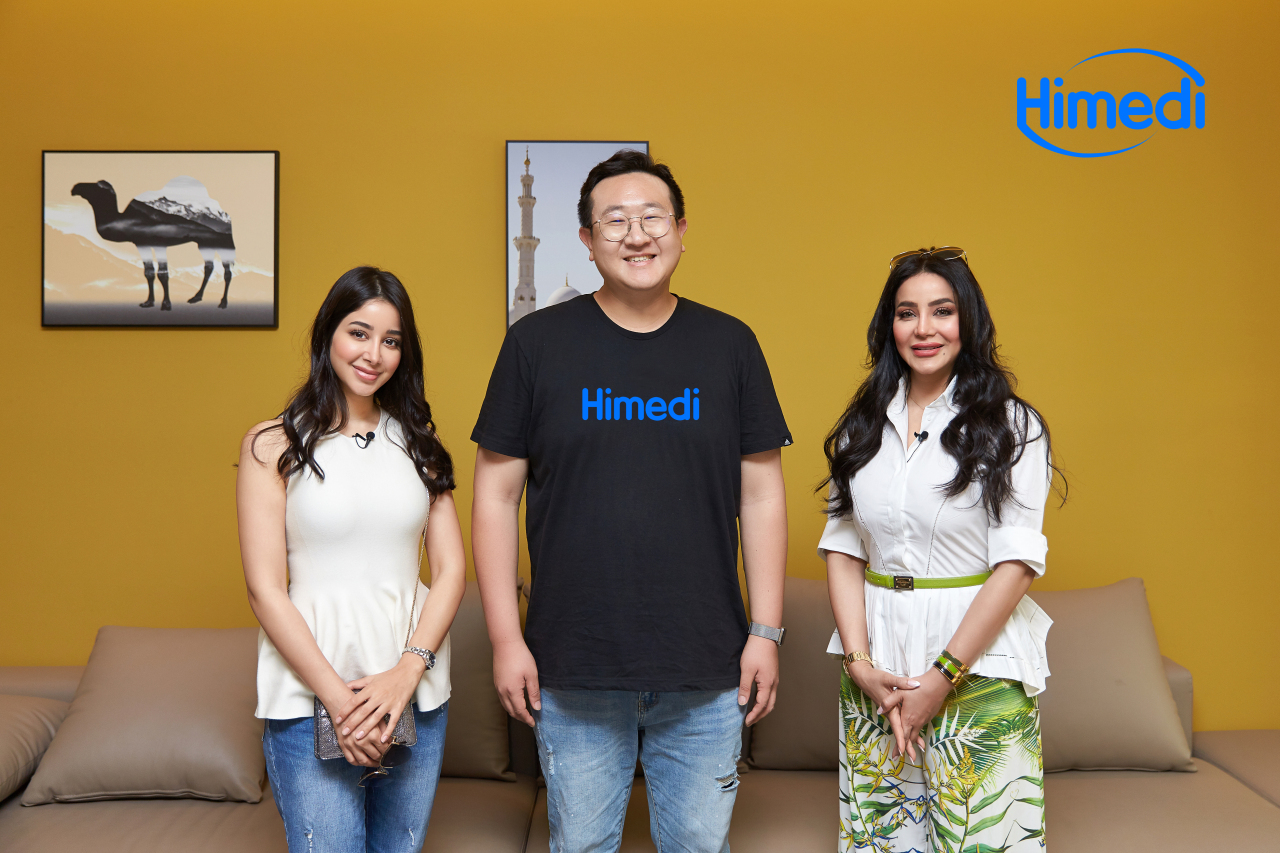 |
Saudi Arabian actresses Aseel Omran (first from left) and Lojain Omran (first from right) pose with medical concierge service startup Himedi CEO Jayed Lee at the firm’s office in Seoul. |
Himedi’s partners range from top-tier hospitals, such as Yonsei Severance Health System and Samsung Medical Center, to small-sized clinics specialized in specific medical practices.
For Muslims who strictly follow Islamic rules, the CEO said the company is trying to pay attention to details of its services.
Accommodation for the customers, for example, are all fully furnished and have a separate payer room. Islamic TV programs run around the clock for entertainment and the information about halal food restaurants in the city are available. A small cafe run by the company in the central district of the city also features a prayer room for Muslims. Currently, the company is partnering up with residential hotel operators for the accommodation service. It also plans to run its own hotel with 55 rooms from late this year.
For further business expansion, it is now raising some 5 billion won in series B funding, following a 2 billion won investment it received from venture capital Murex Partners in November last year.
“Based on our expertise in medical concierge services for Middle Eastern customers, the company will tap the Southeast Asian market where a number people are Muslims in the coming years,” Lee said.
In a bid to beef up its online platform, the startup has recently recruited Yoo Gwang-jin, a former chief product officer of Kakao Mobility, a mobility firm and a subsidiary of Korea’s largest mobile messenger firm Kakao.
By Kim Young-won (wone0102@heraldcorp.com)


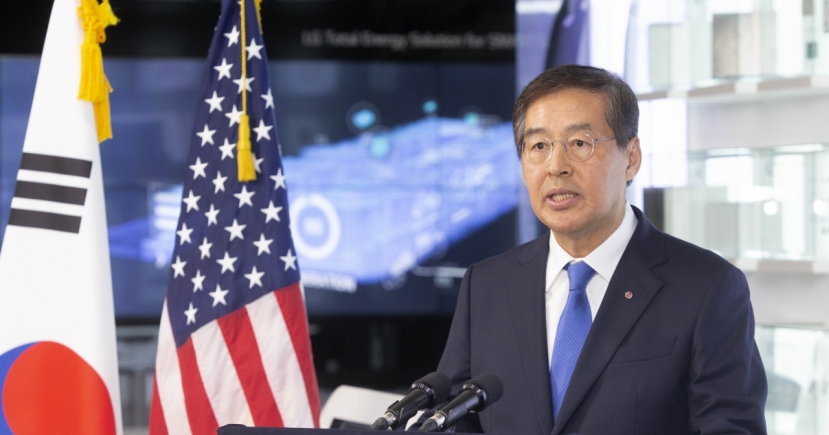
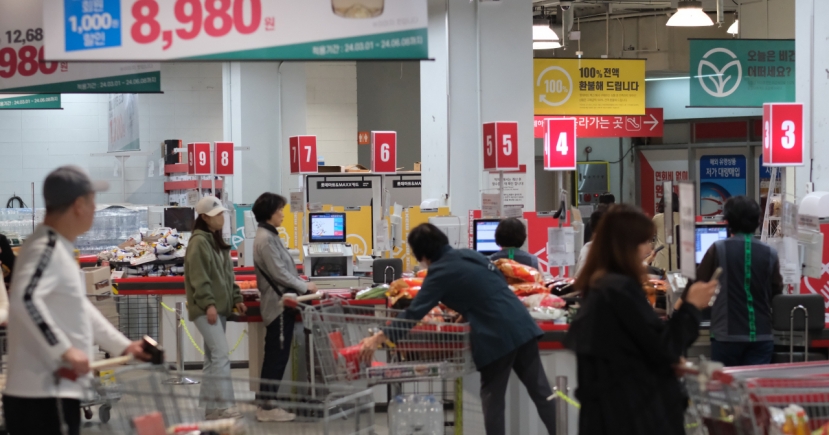

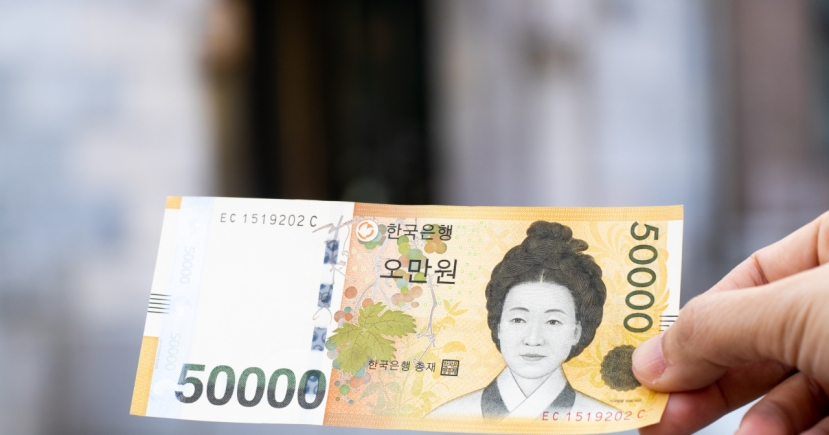
![[KH Explains] Korean shipbuilding stocks rally: Real growth or bubble?](http://res.heraldm.com/phpwas/restmb_idxmake.php?idx=151&simg=/content/image/2024/04/25/20240425050656_0.jpg)
![[Hello India] Hyundai Motor vows to boost 'clean mobility' in India](http://res.heraldm.com/phpwas/restmb_idxmake.php?idx=151&simg=/content/image/2024/04/25/20240425050672_0.jpg)
